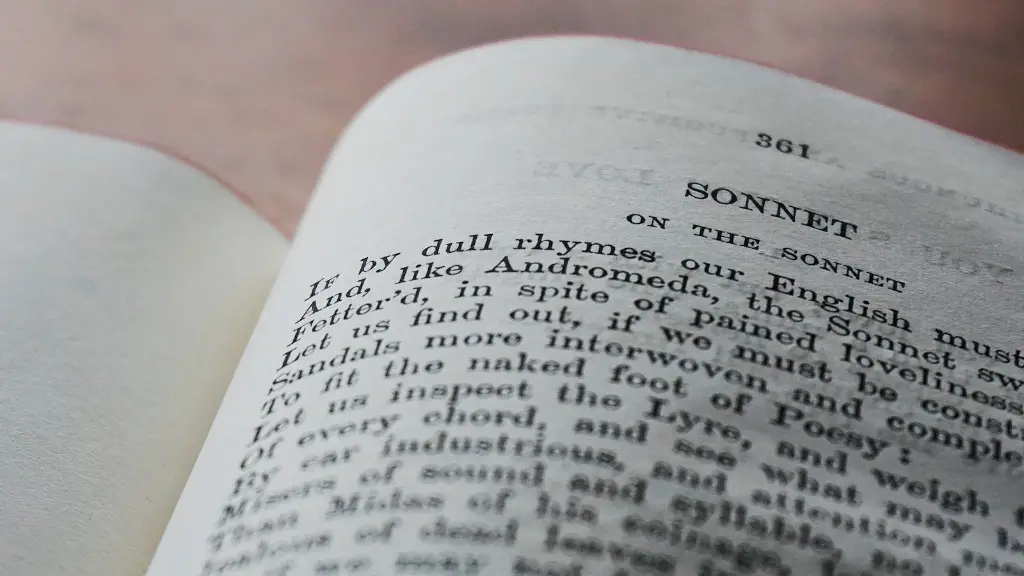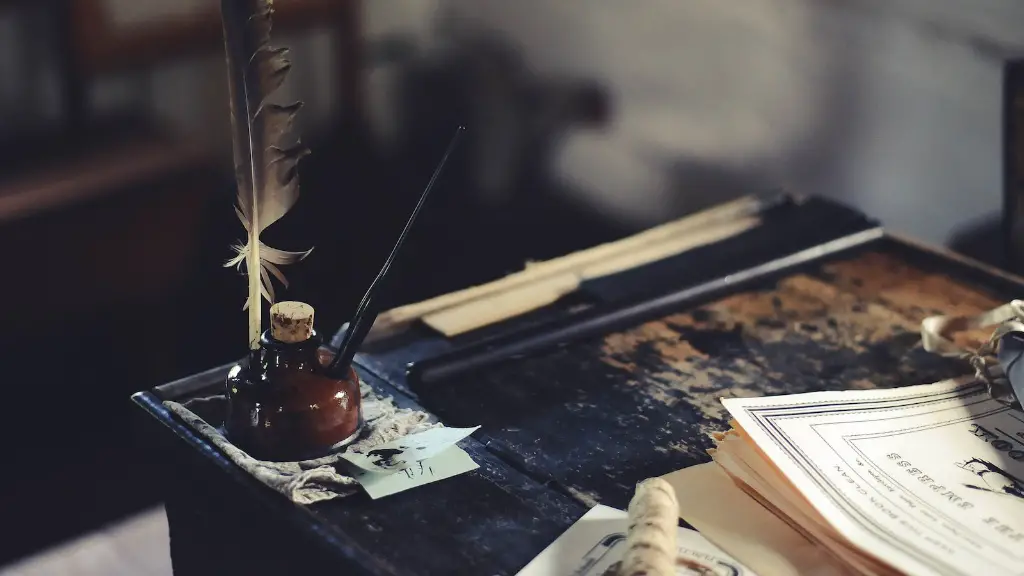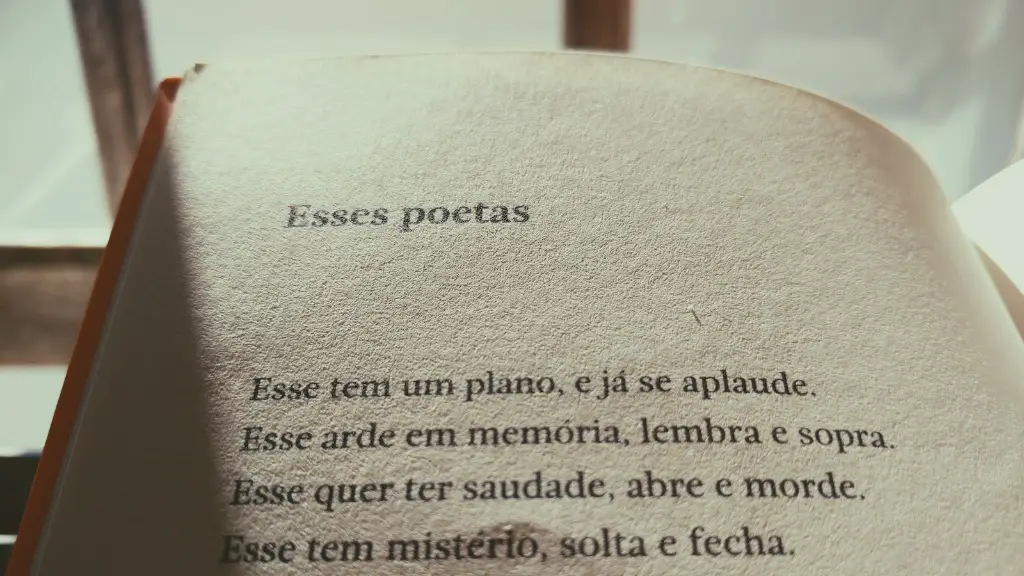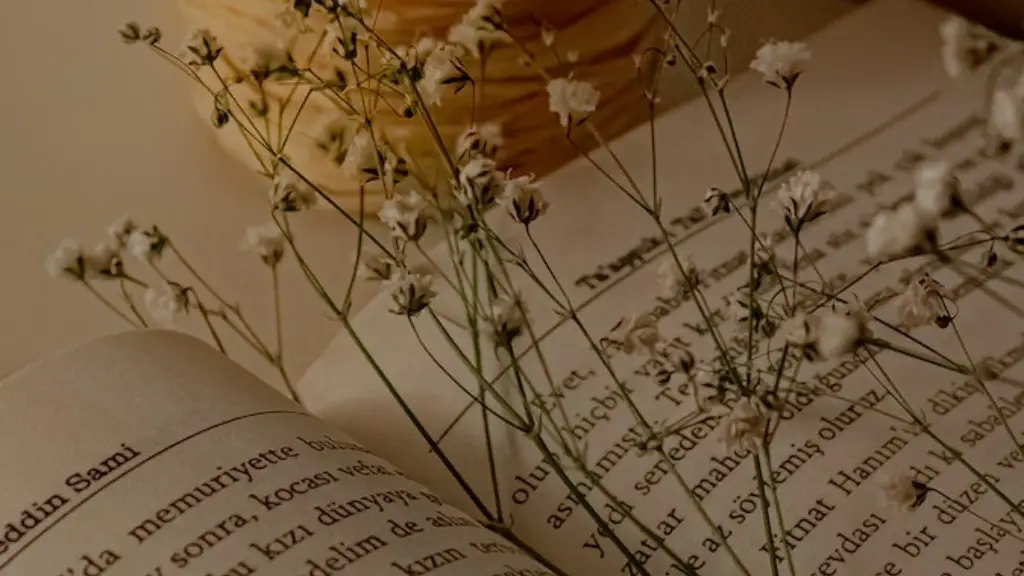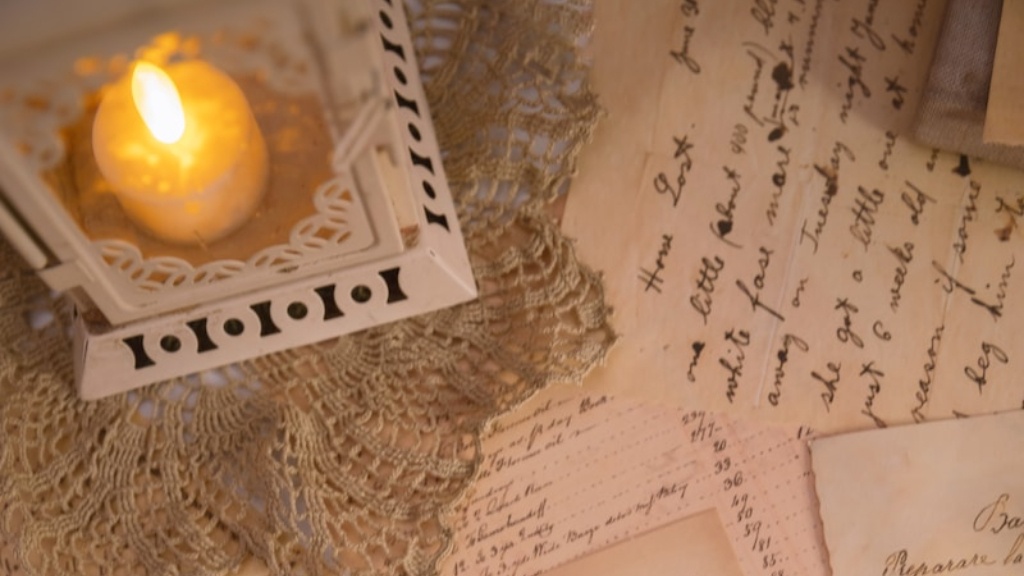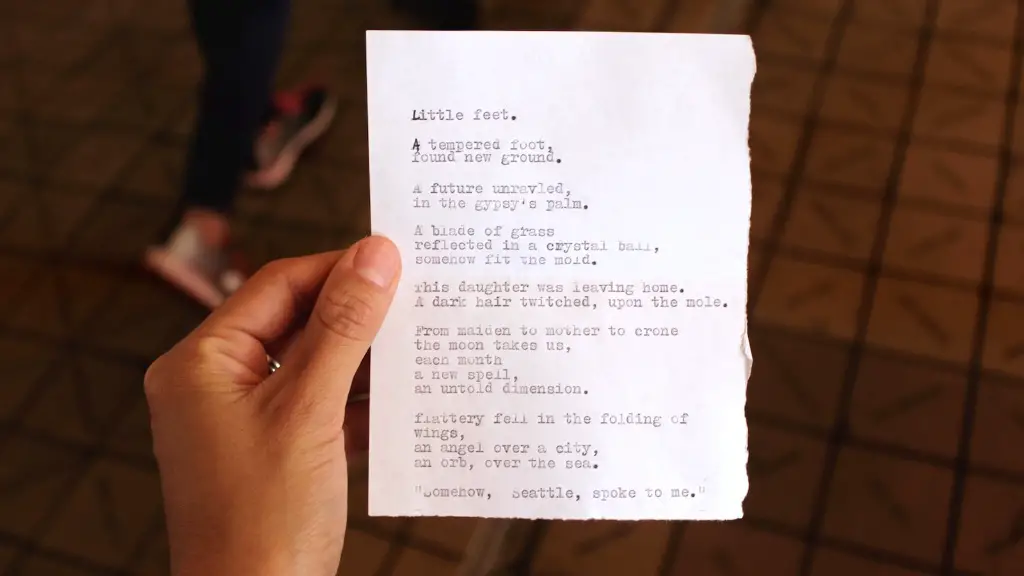Diction in Poetry
When it comes to the use of diction in poetry, it’s a language art-form that requires more craftsmanship. Whether you are a novice or professional poet, it is usually the words you choose that make or break a piece of work. It’s interesting to note that, like most writing, it isn’t just the words themselves that can make or break your poem, but the techniques behind your choice of diction (word selection).
To explore the full meaning of the word ‘diction’ we’ll look at two definitions: Firstly the linguistic definition – diction refers to the choice of words used in articulating a particular language. For example, in the past, poets strove for a ‘copybook’ quality when writing their works, meaning their choices of words reflected the power of language and their mastery of it with exemplary technique. The second definition is literary – Diction is the artist or writer’s own personal style of choice of words used for effect and reach. So even within a specific language, it is still possible to put meaning and message into words using entirely different word combinations.
History shows us that the use of diction in poetry may have evolved in the modern era but the key element is still to provide the reader with insight into the experience the poet is attempting to share. Generally, the way that words are strung together creates a pattern in the poem that can help draw out the overall idea the poet intended while also emphasizing specific details.
In modern poetry, it is more important than ever to be conscious of your choice of diction. A great poem may require as much craftsmanship and consideration as a masterpiece painting. Finding the right words can bring out emotion, sentiment and narrative in a wondrous way. It can create ripples of understanding or catch feelings trapped in the air and keep them alive.
Consulting a thesaurus and even a dictionary when writing can be of great benefit. Sometimes using a word from the same word family can create a much more powerful phrase or phraseology. It’s important to be careful where it is appropriate to use slang or colloquialisms as this can easily damage the quality of the piece. And remember that when writing, you should be trying to capture the exact tone, nuance and feeling behind your words as this can easily help with the overall success of the piece.
Using alliteration and rhyme can enhance the flow of the writing and make it more enjoyable to read but remember, they should be used with care. Overuse of either could make the poem sound more like a nursery rhyme than a thoughtful piece of work. Similarly, the use of metaphors and similes can be very effective but again should be approached with caution as it’s easy to overdo it and to try to use the same technique too much over the piece.
Diction can alter the way that the audience reads a particular poem and the techniques used can influence the emotional and psychological effects that a poem has on a reader. Ultimately poetry is a means of communication, and the use of diction is an art form that requires a deeper understanding of the language, and must be applied with certain intentions in order to be successful.
Advanced Grammatical Structures
In certain cases, more advanced grammatical structures can be used when crafting a poem. A great example of this is the use of anaphora, which is often used to emphasize a particular point in a poem. For example: ‘I am strong, I am creative, I am brave’. This repetition can be used to great effect to emphasize the passion and resolve behind a poet’s work. It can also be used to add rhythm and continuity to the piece.
Similarly, the use of synonyms in a poem creates a sense of layering and depth which can be very powerful. Changing the relationship between words used in this way can create a unique texture and dynamic which forces the reader to consider what is being said on a more granular level. Imagery can also be used much in the same way, as they may be changed or replaced with synonyms as part of a poetic device.
However, it is important to remember that when considering different grammatical structures, it is important to make sure that they are appropriate for the piece, and don’t feel like they are being forced. An effective piece of poetry should read naturally, like a flow of thoughts which can come in a flood of words, but with the underlying depths which stem from a deeper technical understanding.
Emotional Triggers
Using emotions in poetry is essential to make it expressive and dynamic enough to bring a message across. To make an impact on the reader and leave a mark, it’s important to try and evoke feelings through your use of diction. Whilst finding the right words may be daunting, understanding how emotions might be triggered can be very effective in getting the reader to feel and see what you want to convey in the poem.
The success of triggering emotion will often depend on the genre you are writing in, as the use of language and emotion may be very different. For instance in a love poem, you may use language conveying tenderness, admiration, and devotion in order to create an impression of love and joy. Whereas in an angry poem, certain words such as ‘fury’, ‘violence’ and ‘rage’ may be used to create a sense of fire and rage.
Using repetition in certain cases can also be powerful, as a poet may reiterate certain words or phrases many times in order to emphasize a strong emotion or point. It is also possible to use words which come with a historical context – words which might have particular cultural connotations or that are related to folklore and legend. This depth of knowledge and use of literature is often key to illustrating emotion in a poem.
Voice in Poetry
The use of voice in poetry is also important. It is important for a poet to shape the personality of their delivery, and allow what needs to be said to be said in a unique way. Generally speaking, poets should use an active voice when writing poetry, which is often less vague and allows for more concise language. It’s important to remember, that if the language used in the poem is too vague it can stop the poem from connecting with the reader, as it allows too much interpretation.
An active voice can also be a good tool for creating a strong tone and atmosphere, as it allows poets to speak directly to the listener and fully deliver the message they are trying to convey. Using a passive voice can actually have the opposite effect, as it may create a sense of disconnectedness and could make the poem sound too distant, often suggesting the poet has something to hide.
All of these elements are key when it comes to creating a strong and effective poem, and the way the poet uses their voice can make the poem feel real, forcing the reader to connect at a deeper level. By using an active voice, the poet can convey a much stronger message and keep the poem from sounding too gimmicky or indulgent.
Evaluating Execution
When looking at the use of diction, voice and grammatical structure of a poem, it is important to evaluate the skills used. Whilst a poet may appreciate the use of certain words in a particular poem, it is important to question whether the overall piece is effective and memorable.
Essentially, if the poem does not feel powerful enough then it may require a combination of the processes mentioned above, as it may be missing something fundamental. Good poets look for flaws and shortcomings and are willing to change these in order to make the work more poignant.
To do this, the poem should be tried and tested with different audiences. Each listener might have a unique interpretation of the poem, providing insight into how the poem could be improved, and having an impartial eye to judge the piece is very beneficial.
Finally, be sure to read great poetry for inspiration, look for loopholes and explore the ways that craftsmanship can make all the difference in a poem.
The Power of Language
Although you may speak the same language, the way words are used are many and varied. Language, after all, is a reflection of our culture, and when crafting a piece of poetry it’s important to remember the power each word contains.
Poetic craftsmanship requires much study and practice, in order to understand fully the effect certain words will have on a listener. It’s important to look more than the surface of poetry, and appreciate the depth of its language.
Using language as an instrument of power can be very effective, using words to capture the feelings and emotions of a writer, and creating a powerful message. This can make for beautiful poetry that breaks through boundaries and truly conveys the feelings behind the piece.
Most of all, it’s important for poets to look for words which are interesting and reflective of the experience being shared – words do not need to be mundane, and by using a diverse range of language, it can give the reader a more vivid experience.
Valuing Variety
When it comes to the art of crafting a poem, the key is to pay attention to the way your words are strung together, and to be conscious of variety. It’s important to try a diverse range of wording, as this can not only enhance the visual element of the poem, but can also make it more vivid and memorable.
Utilizing both a variety of words and structures, can be efficient as it allows the poet to choose a combination which works together to achieve the right effect.
Using a combination of phrasal verbs, one-word phrases and longer sentences can be a great way to capture the flow and maintain an interest in the poem. It’s important to remember to use the language in an appropriate and respectful way, as this will often provide the best results.
It’s essential that the diction used rings true to the poet – authentic choice of words ties a poem together and helps it maintain harmony. That way the poem is easier for the audience to understand and access as a unified entity.
Finding words that can capture the essence of a particular emotion is crucial to a poem. Poets are storytellers and the right words can bring to life the story they are attempting to tell.
